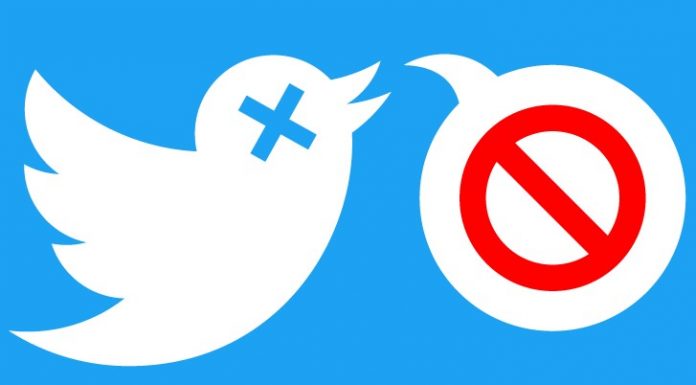(Deroy Murdock, Liberty Headlines) Big Tech companies should make up their minds.
Are they public forums, open to one and all, that faithfully carry an infinite spectrum of messages—much as AT&T phone lines transmit liberal, moderate and conservative robocalls during election season?
Or are they private institutions, exclusively for those with whom they agree—much as Mother Jones peddles the Left and National Review promotes the Right.
Either approach is fine and honorable. But Facebook, Google, YouTube and their ilk should not do both—especially while morphing into the private/exclusive model and savoring government protection, to boot..
Big Tech’s private-sector censorship has been on vivid display during the COVID-19 crisis. Opinions with which these companies differ simply disappear.
• Department of Homeland Security scientist William Bryan said at President Donald J. Trump’s April 23 press briefing that ultraviolet light seems to kill COVID-19. Trump wondered aloud, “supposing you brought the light inside the body.” That’s all it took for Hate Trump, Inc. to hammer the president for medical malpractice.
In fact, Aytu BioScience’s Healight would emit UV rays inside COVID-19 patients’ lungs.
The Englewood, Colorado, company seeks FDA approval to test this possible therapy against a disease that lacks a proven treatment.

Aytu did not concoct this with dodgy quacks at Bob’s Clinic. Rather they exclusively licensed this technology from Cedars–Sinai Hospital, the finest medical center in Los Angeles.
Aytu explained Healight in an online video that attracted 50,000 views in 24 hours.
But then a Trump-loathing writer at the so-called “Paper of Record” complained.
YouTube (owned by Google) dutifully junked the video on April 24, as did Vimeo. Twitter froze Aytu’s account.
• Bakersfield, California physicians Dan Erickson and Artin Massihi analyzed statistics on COVID-19 tests, infections, and deaths.
They discussed their raw data with local journalists. “You have a 0.03 chance of dying from COVID-19” in California, Dr. Erickson said. “Does that necessitate people being out of work?’’
Their video enjoyed some 5.5 million views. YouTube yanked it Monday for violating “Community Guidelines.”
• Facebook on Wednesday deleted a post with information on protests against Gov. Gretchen Whitmer, D-Mich., whose COVID-19 response (Thou shalt not buy paint!) strikes some as despotic.
The First Amendment applies to government, not private companies such as Facebook, Google and YouTube.
Anyone may stand on the public sidewalk outside the Wall Street Journal and demand tax hikes. But the privately held Journal’s editorial page is under zero obligation to publish that person’s tax-loving op-ed.
Likewise, as long as these Silicon Valley juggernauts are in private hands, they have every right to post or yank videos for or against COVID-19 treatments, statistics or demonstrations.
But these firms have it both ways: They simultaneously want to enjoy private ownership and protection against civil-liability litigation under the Communications Decency Act § 230.
This noxious hybrid—private entities that hide in Uncle Sam’s shadow—is philosophically and practically odious.
“CDA Section 230 is immeasurably valuable to these companies, because they can act as gatekeepers to information, yet they can censor information,” said M.A. Taylor, director of The Creepy Line, a highly critical film on the dangers of Big Tech’s bipolarity.
“Essentially, they can shape opinion at election time,” Taylor added. “So, by not being liable, they are free to pick and choose political speech without the restrictions that face The Washington Post or Fox News. One could call these in-kind donations, if they leverage this power to tilt opinions in a certain direction.”
Washington should make this a time for choosing:
If Big Tech wants the special benefits of CDA’s safe harbor, these companies should sail in, drop anchor, and welcome one and all. They should post articles, videos, and other material of every hue.
But if they favor private-sector censorship, they should do so without Washington’s help. Instead, they should steer clear of CDA’s safe harbor and unfurl huge flags that say: “Those we like are welcome to visit. Everyone else, stay away.”
Deroy Murdock is a Manhattan-based Fox News Contributor, a contributing editor with National Review Online, and a senior fellow with the London Center for Policy Research.



